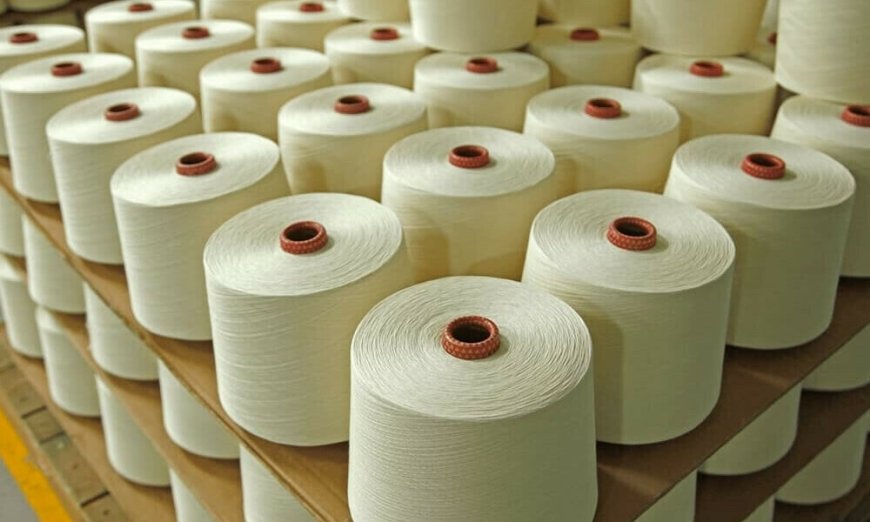FBR Imposes 18% Sales Tax on Import of Cotton Products
The Federal Board of Revenue (FBR) has finally issued SRO 1359(I)/2025, enforcing an 18% general sales tax (GST) on imported raw cotton, cotton yarn, and grey cloth, and removing these items from the Export Facilitation Scheme (EFS). This landmark decision aligns with the 2025–26 finance bill policy but came after a month-long delay, causing uncertainty across the textile sector.

The Federal Board of Revenue (FBR) has finally issued SRO. 1359(I)/2025, enforcing an 18% general sales tax (GST) on imported raw cotton, cotton yarn, and grey cloth, and removing these items from the Export Facilitation Scheme (EFS). This landmark decision aligns with the 2025–26 finance bill policy but came after a month-long delay, causing uncertainty across the textile sector. Led by pressure from industry bodies such as APTMA and PBF, the move aims to level the playing field for local producers and stem the rising imports that now exceed domestic cotton output.
-
Notification Issued: SRO 1359(I)/2025 published July 30, 2025
-
Tax Rate: 18% sales tax now applies to imported raw cotton, cotton yarn, and grey cloth
-
EFS Status: These items are excluded from the Export Facilitation Scheme, removing prior zero-rated status
-
Transition Exemption: Imports with bills of lading dated within 10 days of the notification remain eligible under EFS
-
Delayed Implementation: Though proposed in May, the official SRO was delayed until late July
-
Industry Support: APTMA and the Punjab Business Forum backed the change to restore competitiveness
Industry Pressure & Policy Delay
-
APTMA urged swift action, warning that delays had depressed demand for local cotton crops. Exporters postponed purchases pending clarity
-
PBF echoed these concerns, citing unfair advantages for importers and impact on growers as imports surpassed domestic supply for the first time
Leveling the Playing Field
-
Previously, local cotton was taxed at 18%, while imported cotton enjoyed exemption under EFS—creating a structural market bias against domestic growers and spinners
-
This change aligns tax treatment and aims to incentivize domestic sourcing and reduce import dependency across the textile value chain.
-
Commended the move, emphasizing the policy addresses a critical distortion in the Export Facilitation Scheme that hindered domestic cotton consumption
-
Urged that the policy be expanded to include imported polyester yarns and fabrics to support the broader textile chain.
-
Called for immediate action and transparency, noting that powerful interest groups previously delayed the issuance of the SRO
-
Warned that import contracts totaling 7.5 million bales further risk farmer incomes if policy inconsistencies persist.
Government & FBR
-
Finance Minister Muhammad Aurangzeb announced intentions to lift exemptions and support local cotton spinners as part of broader reforms
-
Data reveals uneven pricing between imported and local cotton—federal policymakers now believe harmonizing tax rates will finance agro-industrial stability.
-
Import Surge: Textile sector imports hit record highs—$1.5–2 billion in raw materials—as domestic crop procurement declined sharply
-
Mill Closures: Over 800 ginning plants and 120 spinning mills have shut down in recent months due to distorted market dynamics
-
Agricultural Consequences: Farmers in Sindh face a 53% drop in cotton yields; lower procurement prices further undermine crop viability
The imposition of 18% GST on imported cotton fibre, yarn, and grey cloth, alongside their exclusion from the EFS, marks a pivotal shift in Pakistan’s textile and agricultural policy. While the measure was delayed, its enactment was necessary to restore balance in the value chain and protect domestic growers and mills.

 Ateeq Ur Rehman
Ateeq Ur Rehman